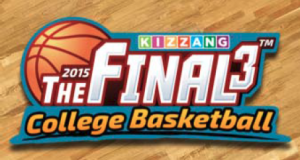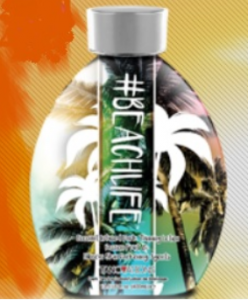South Bend, Indiana – Judge Robert L. Miller, Jr. of the Northern District of Indiana dismissed claims concerning trade dress infringement.
In this Indiana trademark lawsuit, Forest River, Inc. of Elkhart, Indiana sued Winnebago Industries, Inc. of Forest City, Iowa and its subsidiary Winnebago of Indiana, LLC alleging trademark infringement, trade dress infringement, unfair competition, false designation of origin, and false and misleading representations.
Overhauser Law Offices, LLC filed a partial motion to dismiss with the court, arguing that Forest River had neither sufficiently identified the features that constituted the claimed trade dress nor provided any factual support for its assertion that such features were non-functional.
The court noted that “to survive a motion to dismiss, a complaint must contain sufficient factual matter, accepted as true, to ‘state a claim to relief that is plausible on its face.’” Ashcroft v. Iqbal, 556 U.S. 662, 678. The claim is deemed plausible if “the plaintiff pleads factual content that allows the court to draw the reasonable inference that the defendant is liable for the misconduct alleged.” Id.
In this litigation, such a showing required that Forest River define its trade dress. It must also plead sufficient facts to show that the claimed trade dress is nonfunctional, has acquired secondary meaning and that a likelihood of confusion exists between its trade dress and Winnebago’s trade dress.
The court agreed with Winnebago, concluding that Plaintiff had relied on “conclusory and meaningless” assertions in its pleadings. Consequently, it granted Winnebago’s motion and dismissed without prejudice Forest River’s claims concerning trade dress infringement under the Lanham Act, 15 U.S.C. §1125(a) as well as similar claims made under common law.
Overhauser Law Offices represented Winnebago in obtaining this successful order dismissing the trade dress claims.
 Indiana Intellectual Property Law News
Indiana Intellectual Property Law News













